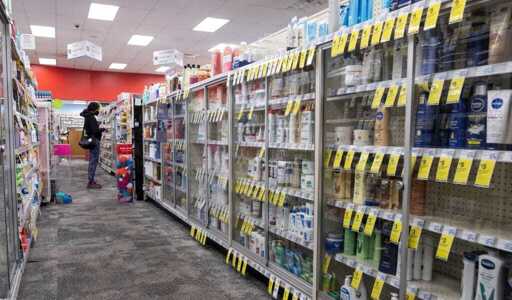Why shoplifting data matters
Why does it matter if the retail industry produces reports with unreliable data about shoplifting? The NRF is already using this report to advocate for more aggressive prosecution and longer terms of incarceration for people caught shoplifting.
The report encourages “state lawmakers” to “review and amend current criminal statutes that relate to retail thefts and crimes.” Specifically, the NRF supports the “aggregation of thefts,” which would allow people to be charged with felonies for stealing small amounts of merchandise. The NRF also supports “stronger penalties and consequences” for people “establishing, operating, and supporting” organized retail crime (OCR). OCR, which refers to shoplifting on behalf of a criminal organization, is a poorly defined concept that can be used to more severely punish individuals.



I recently heard on the news in passing (or at least I think that’s where I heard it) that shoplifting has gone up by like 30% over recent years.
They were talking about the new ways stores are incorporating security measures, and it made me laugh a bit. All this time and money spent on increasing security when they could rally around paying people better and decreasing inflation.
For example, if you want people to spend money, they need money to spend. Mind blowing stuff, I know
As long as profit margins stay above the cost of theft prevention measures, nobody’s going to pay anyone more than the bare minimum.
As long as the ROI of forced labor stays positive, the USA will keep a higher per-capita incarceration rate than Russia.
I think it’s unfortunately a tragedy of the commons/prisoner’s dilemma problem
Simplifying, a single store is not going to be able to improve pay for all the underpaid members of society, but what they can do is run thinner margins while staying in business (pay employees less, spend more on security, etc). Paying only their own employees more also does little to reduce the overall chances of theft.
Perhaps a better global equilibrium exists at higher wage rates, but there are limited options at local levels. For low-end wages, I think the downward pressure exceeds the upward wage pressure of the “free market” b/c the negotiation is between someone making a less profit vs someone failing to make a living – the negotiating power is not balanced. This is why IMO minimum wage to some degree is important.